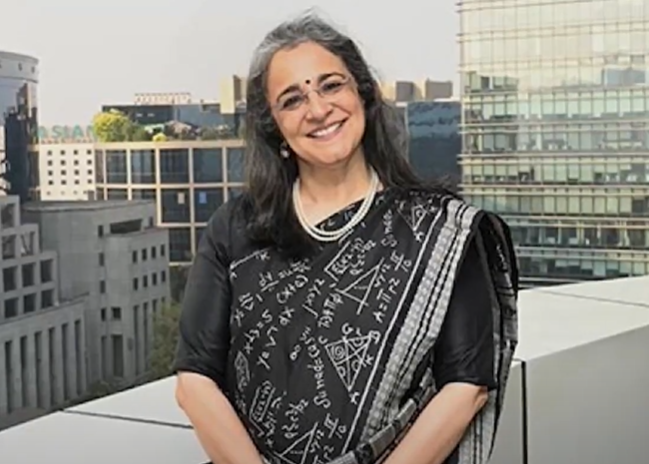
In a candid interview with the Indian Express, the newly appointed head of the Securities and Exchange Board of India (SEBI), Tuhin Kanta Pandey, has sharply criticized the functioning of the regulator under the previous leadership. Pandey stated that there was "virtually no disclosure" during the tenure of his predecessor, Madhabi Puri Buch, and emphasized the need for greater transparency and accountability within SEBI.
Pandey noted that the previous leadership had failed to meet even minimal expectations in terms of disclosure and governance. Highlighting the controversy around Madhabi Puri Buch’s alleged conflict of interest, Pandey said that the issue should have been addressed head-on instead of being brushed aside. “If you have a problem and there are questions, you need to answer in a systematic way,” he remarked.
Madhabi Puri Buch’s contentious three-year tenure ended in February this year, and Pandey’s comments come just three months after her departure. During Buch’s term, allegations surfaced involving her and her husband Dhaval Buch, who were allegedly linked to offshore funds that included investors such as Vinod Adani, a relative of Gautam Adani, the chairman of the Adani Group. These allegations have been strongly disputed by the Buch family. Nevertheless, the controversy raised serious concerns about the integrity of SEBI and its leadership.
In response to the Hindenburg allegations against the Adani Group, SEBI had defended its chairperson, asserting that it possessed all necessary tools to manage conflict of interest situations. These tools included a disclosure framework and a recusal provision. However, Pandey pointed out that despite these measures, the conflict of interest controversy had tarnished SEBI’s reputation, casting doubt on the credibility and impartiality of its top officials.
Pandey revealed that he had examined SEBI’s internal regulations, including a 2008 document concerning the chairman and the board, as well as employee regulations. His findings were concerning: “There was virtually no public disclosure,” he said. He added that the concept of conflict of interest at SEBI is more complex and broader than it appears. “It’s a very difficult concept also—like, how are you, where is your thing, what is family, where does it extend—because virtually the listed companies are everywhere,” he explained.
The new SEBI chief also underscored the need for a clear and appropriate procedure for recusal. He raised important questions about the boundaries of familial connections and when SEBI officials should disqualify themselves from certain matters. “If you say that my cousin's son and others are working for or employed somewhere, I will not write orders. Is that okay?” he asked rhetorically.
He stressed the need for a clearly defined system: “You really have to be defining and clearly saying where the recusal will come, how the recusal will be recorded, and how the recusal will be maintained.”
To address these issues, Pandey has initiated the formation of a new high-level committee tasked with reviewing conflicts of interest within SEBI. The committee, composed of eminent individuals from various backgrounds, is already operational. According to Pandey, the committee is actively working on the matter and is expected to submit its report within three months.
On the matter of confidentiality during investigations, Pandey remarked, “We should hide in a manner which is actually sort of mandated—means while you are investigating you have to be hiding and you have to reveal only when your investigation is complete.”
As SEBI begins a new chapter under Tuhin Kanta Pandey, his commitment to transparency, clarity, and institutional reform appears to signal a decisive shift in the regulator’s approach, especially in regaining public trust and restoring credibility to India’s top market watchdog.




